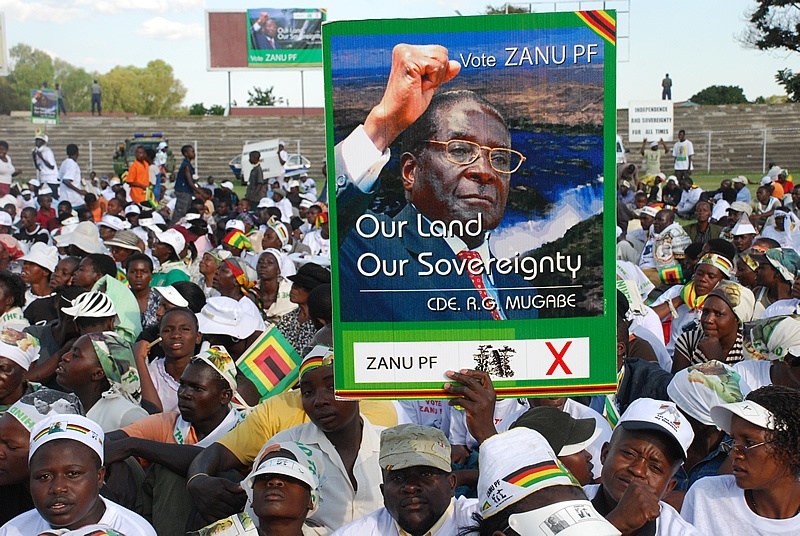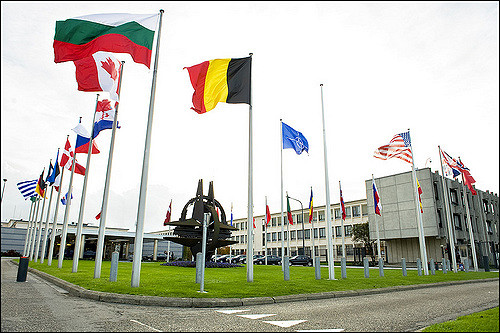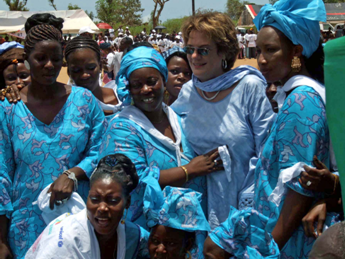On June 19th, 2014 police in Zimbabwe arrested Edmund Kudayi, the editor of the state-owned newspaper The Sunday Mail. Mr. Kydzayi’s arrest represents the lack of freedom of speech, a growing crisis which has become an increasingly entrenched problem in Zimbabwean society. In the country governed by President Robert Mugabe for thirty-four years, media censorship, government corruption, and rampant violence have become the norm rather than the exception for the populace which has become accustomed to a shaky economy and rigid political backdrop.
Mugabe’s presidency has been marked by a series of questionable political tactics, including the accusation that his Information Minister Jonathan Moyo used state-owned media to propagate divisions within Mugabe’s Zanu-PF party, along with dismissing editors who have proven particularly loyal to Mugabe and his political platform.
In the months leading up to the 2013 Zimbabwean elections, which Mugabe won, police undertook door-to-door raids, confiscating radio sets on the premise that such devises were being used as a tool to promote ‘hate speech’ against Mugabe ahead of the country’s elections. Arguments have been made that such confiscation is a direct violation of Zimbabwe’s free media guarantees in its newly approved constitution, while others have criticized the near monopoly that the ZBC, Zimbabwe’s state broadcaster has, claiming that it only further propels the country’s lack of freedom of speech.
Until 2008, Zimbabwe was effectively a one-party state, governed by Mugabe’s Zanu-PF party. Following the 2008 election, the emergence of a power sharing coalitions raised the hope that Mugabe would be prepared to renounce some of his authority and that the country’s political climate would undergo a more democratic shift. Such aspirations did not last long however, since following Mugabe’s re-election as president in 2013, Zanu-PF successfully gained a two-thirds majority in parliament, resulting in a breakdown of the coalition and a reinstatement of Mugabe as the central figurehead of Zimbabwe.
Driven by an anti-white platform, Mugabe has used his position of power to reposition Zimbabwe firmly in the hands of the country’s black population, an act which has had dramatic consequences on the country’s political, social and economic climate. Unwilling to step down or to share power, Mugabe has proven himself willing to go to any length necessary in order to retain his position as political leader. Today Mugabe continues to preside over a nation in an economic crisis, where poverty and unemployment are widespread and political strife and repression are all-too common. Unfortunately, past efforts to re-boost the economy have failed dramatically. The forced seizure of almost all white-owned commercial farms led to dramatic declines in food and agricultural production, creating a food shortage crisis and further exacerbating Zimbabwe’s cycle of poverty, whereas mass inflation and fuel shortages have also been contributing factors to the country’s declining standard of living.
For over thirty years Robert Mugabe has governed Zimbabwe with an iron fist and for over thirty years the citizens of Zimbabwe have lived under a government that has actively suppressed their rights to freedom of speech and to have access to a free and unbiased media outlet, not to mention that he has plunged the country into an economic crisis and has dramatically lowered the average standard of living. Such conditions have raged on despite an array of international critics who blame Mugabe for his economic mismanagement and human rights abuses. Despite calls for a change in government, Mugabe appears relentless in his determination to remain in power and thus Zimbabwe’s culture of intimidation and repression shows no immediate promise of change.




